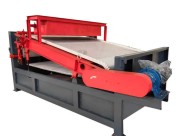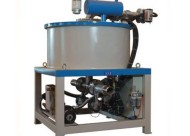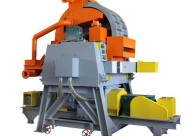In the mineral processing industry, the crushing process is a fundamental step that plays a crucial role in extracting valuable minerals from the ore. It involves breaking down large rocks or ore fragments into smaller pieces, making them suitable for further processing. Understanding the crushing process is essential for optimizing the efficiency and effectiveness of mineral processing operations.
Crushing Process in Mineral Processing
The primary objective of the crushing process is to reduce the size of the ore particles while maintaining the integrity of the mineral as much as possible. By breaking down the larger rocks into smaller fragments, the surface area of the ore increases, allowing for better exposure of the valuable minerals to subsequent processing steps, such as grinding, flotation, or leaching.
The crushing process can be divided into several stages, depending on the final product’s desired size and the ore’s characteristics. The primary crushing stage is typically the first step in the process and involves the initial reduction of the ore size. This is followed by secondary and, in some cases, tertiary crushing stages to further reduce the ore size to the desired level.
Types of Crushers for Mineral Processing
Different crushers are used in the crushing process, depending on the nature of the ore and the required product size. Commonly used crushers include jaw crushers, gyratory crushers, cone crushers, and impact crushers. Each crusher type operates differently, applying various forces to break down the ore particles.
Jaw crushers are commonly used for primary crushing and are characterized by their ability to handle large-sized rocks or ore. Gyratory crushers are similar to jaw crushers but have a conical head and a concave surface. They are often used for primary or secondary crushing. Cone crushers are versatile and can be used for primary, secondary, or tertiary crushing. On the other hand, impact crushers involve using impact or striking forces to break down the ore particles.
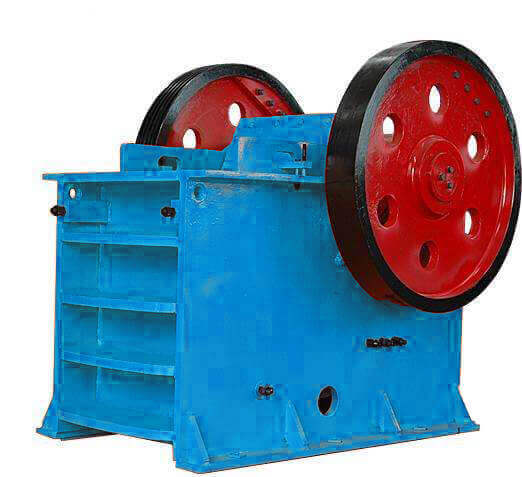 | 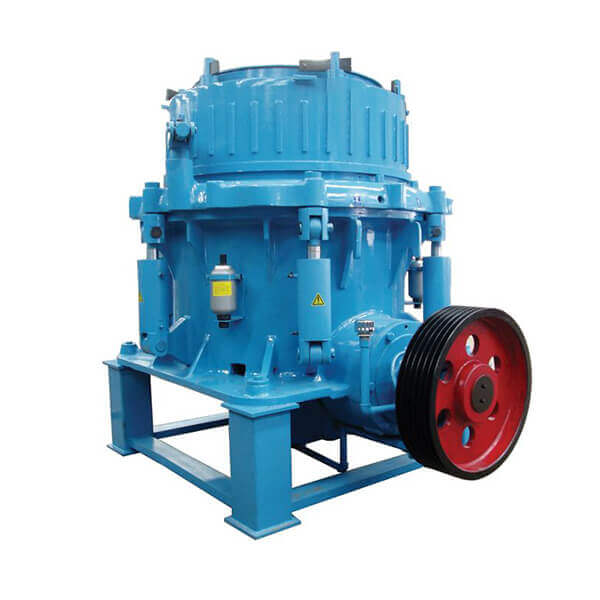 | 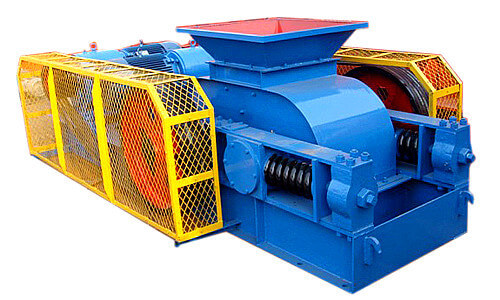 | 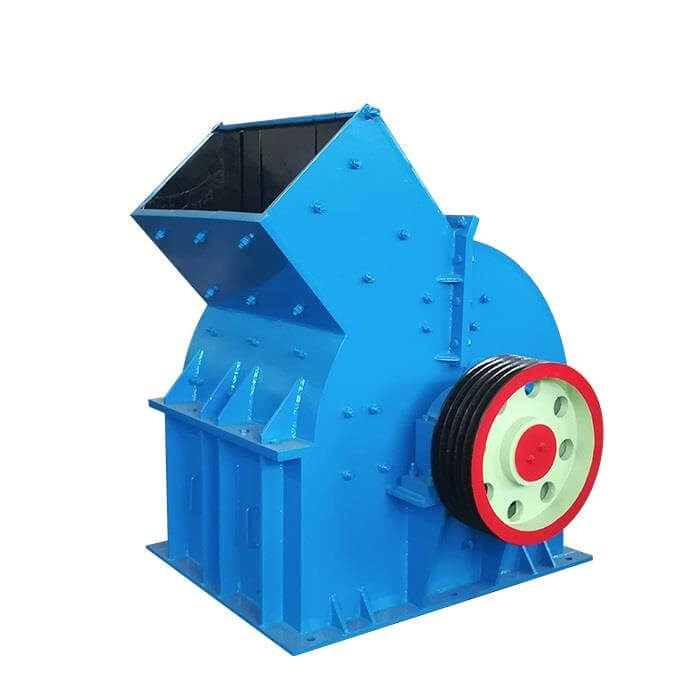 |
The selection of the appropriate crusher depends on factors such as the hardness and abrasiveness of the ore, the desired product size, and the operational considerations of the mineral processing plant. Selecting the right crusher to achieve the desired size reduction level and ensure efficient operation of the overall mineral processing circuit is crucial.
Factors to Consider When Choosing the Right Crushers for Mineral Processing
Choosing the right crushers for mineral processing requires careful consideration of several key factors. These factors ensure that the selected crushers are well-suited to handle the specific ore or mineral properties, processing requirements, and operational conditions. By taking these factors into account, operators can maximize productivity, minimize downtime, and optimize the overall performance of their mineral processing plants.
Required particle size or product size distribution
The first factor to consider is the required particle size or product size distribution. Understanding the desired product size is crucial as it determines the appropriate crusher type and settings. Different crushers have varying capabilities in achieving specific product sizes, and selecting a crusher that can efficiently produce the desired product size is essential for meeting downstream processing requirements.
Material properties
Material properties play a significant role in crusher selection. Consider the hardness, abrasiveness, and moisture content of the processed ore or mineral. Harder and more abrasive materials may require robust crushers with durable wear parts to withstand the high impact and wear. Moisture content is also crucial, as it affects the handling and processing characteristics of the material. Some crushers may perform better than others based on the specific material properties.
Throughput and capacity requirements
Throughput and capacity requirements are critical factors to consider. Evaluate the anticipated production capacity and the desired throughput rate to ensure the selected crusher can handle the expected workload. Choosing a crusher with the appropriate capacity ensures efficient operation and prevents bottlenecks in the mineral processing circuit.
Operating and maintenance
Operating and maintenance considerations are equally important. Assess the ease of maintenance, accessibility of worn parts, and overall operational costs associated with the crusher. Opt for crushers that are designed for easy maintenance and offer good access to worn parts, as this reduces downtime and enhances the overall operational efficiency of the mineral processing plant.
Safety features
Safety features should not be overlooked when choosing crushers. Look for crushers that incorporate safety mechanisms to protect operators and prevent accidents. These may include safety guards and emergency stops.
Choosing the Right Crusher for Mineral Processing
There is no one-size-fits-all solution when selecting the right crusher for mineral processing applications. Different crushers excel in specific applications based on factors such as the type of ore or mineral, desired product size, processing circuit, and operational requirements. Understanding these factors will guide you in choosing the most suitable crusher for your mineral processing needs.
Specific requirements of your application
When selecting a crusher for mineral processing, consider the specific requirements of your application. For example, a cone crusher or impact crusher may be more suitable if you need to produce fine particles for downstream processing. Cone crushers are often used for secondary and tertiary crushing stages, while impact crushers are versatile and can be used for primary, secondary, or tertiary crushing.
Mineral processing circuit
The choice of crusher also depends on the mineral processing circuit. Consider whether the crusher will be used in a closed or open circuit configuration. Closed circuit crushers are advantageous as they allow for finer product sizes and increased control over the crushing process. On the other hand, open circuit crushers may be more suitable for certain applications where a coarser product is acceptable.
Efficiency and productivity
Efficiency and productivity are critical factors in crusher selection. Look for crushers that offer high throughput rates and excellent particle size control. Advanced technologies, such as hydraulic systems, adjustable settings, and automation, can enhance efficiency and optimize the crusher’s performance.
Consult with experts or equipment manufacturers
Don’t forget to consult with experts or equipment manufacturers when choosing the right crusher. They can provide valuable insights and recommend specific crushers based on your unique requirements. Additionally, conducting tests or trials on different crushers can help determine their performance in your specific mineral processing application.
By understanding the crushing process and considering the factors involved, operators can make informed decisions when selecting crushers for their mineral processing applications. This leads to improved mineral extraction, cost-effectiveness, and overall success in the industry.
In summary, knowledge, and understanding of the crushing process are essential for optimizing the efficiency and effectiveness of mineral processing operations. By harnessing the power of appropriate crushers, operators can unlock the full potential of their mineral resources and achieve optimal results in extracting and processing valuable minerals.
LATEST PRODUCTS
Plate Magnetic Separator
【Capacity】8-35 t/h 【Power】1.5-3 kW 【Applic…
Slurry Magnetic Separator
【Capacity】10-100 m3/h 【Feeding Material Densi…
Vertical Ring High Gradient Magnetic Separator
【Capacity】0.01-150 TPH【Feeding Size】0-1.2…






